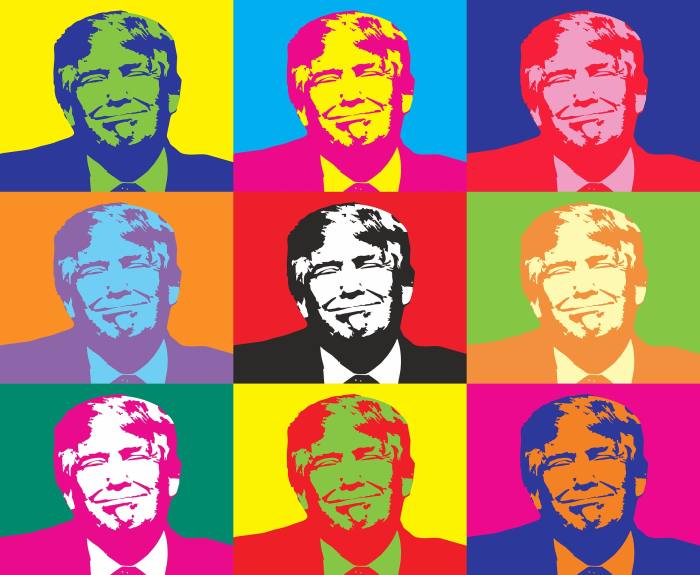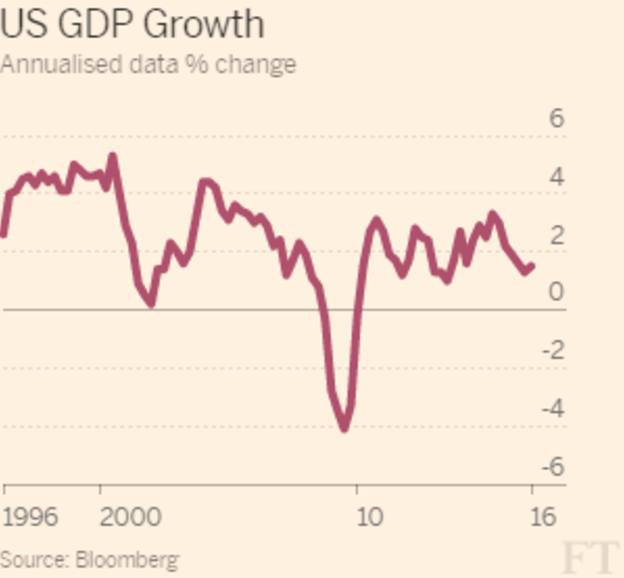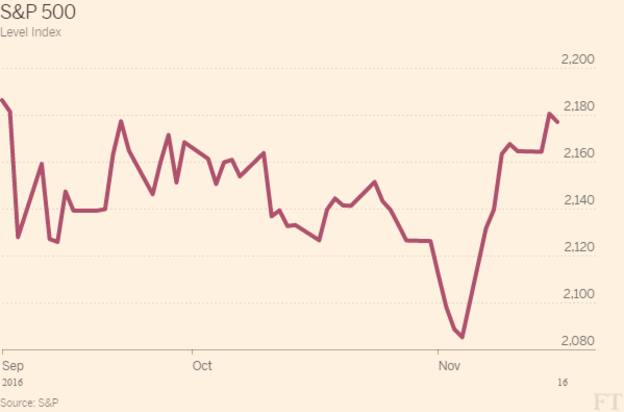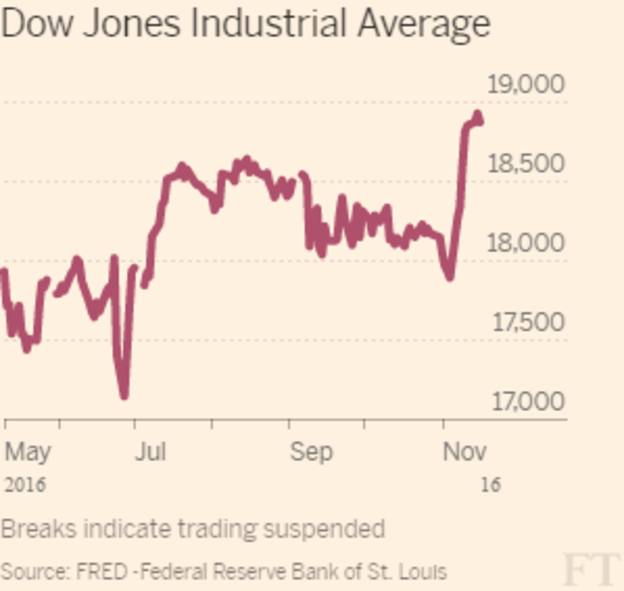
Donald Trump's election as President of the US has been a political shock, but what might the longer-term implications be for clients invested in the world's largest and most mature stock market?
Mr Trump's policies, which he laid out to the markets after the election result in a speech designed to mollify and calm, are definitively pro-growth.
According to Nancy Curtin, chief investment officer at Close Brothers Asset Management, while his win came as a "surprise" to investors, and is likely to bring higher volatility, "we think there are some positives to this outcome as well as some risks".
The President-Elect's proposed economic policies have been designed to bolster the US economy, driving its GDP up to reach heights not seen since the early 2000s.
In a nutshell, his policies are:
- Reduce corporate tax rates from 35 per cent to 15 per cent and simplify the tax code.
- Allow repatriation of offshore cash (estimated at US$2.6trn) through a one-off tax amnesty of 10 per cent. This could bring more than US$150bn into the US Treasury.
- Spend US$1trn over five to 10 years on infrastructure projects.
- Increase defence spending by $55bn to $65bn a year.
- Amend Obamacare - not a complete repeal, as was first mooted, but a more muted form of the health care legislation.
- Impose less red tape on small businesses.
- Repeal the Frank-Dodd regulation on banking.
- Reinstate Glass-Steagall, separating investment banking from commercial banking - possibly signalling an end to the age of the universal bank.
Effect on US equities
While his policies seem protectionist - US first, in other words - the US equity markets seem to have rallied strongly on the back of Mr Trump's positive words.
The S&P 500 index of leading stocks had slowed down in the run-up to the election, particularly on the back of news the Federal Bureau of Investigation was looking into 'Emailgate' - news which hurt Hillary Clinton, the Democratic candidate.
However, despite a slight hiccup on opening on 9 November, when there was a discernible flight to safety among bonds, gold and the Japanese yen, the blue-chip index closed the day up slightly, with a continued rally since.
The Dow Jones also saw its strongest run for many years, gaining in momentum after Mr Trump's pro-growth and pro-infrastructure plans were announced to the market. The Dow is currently on 18868.14.
Laith Khalaf, senior analyst for Hargreaves Lansdown, said: "Overall, Mr Trump's victory has so far failed to trigger the global stock market panic that many expected."
Among US equity markets, particular sectors stand out as obvious winners of Mr Trump's pro-growth economic policies.
Infrastructure, in particular, will possibly be a key theme for US fund managers to play. According to Karen Dunn Kelley, senior managing director of investments for Invesco Perpetual, this could be an "opportunity".
She says: "Members of both parties have recognised the need to rebuild and upgrade America's infrastructure, such as ageing roads, bridges and power grids."
Christian Gattiker, chief strategist and head of research for Julius Baer, says: "The US economy is solid and if anything is re-accelerating. US infrastructure and the US dollar will be the main beneficiaries in the medium term."
Jamie Ware, founder of Churchill Investments, believes the opportunities presented by investment into infrastructure are evident, which is one of the reasons his firm has been shifting traditional distribution income funds, with 60 per cent fixed interest and 40 per cent equities into funds such as the Newton Multi-Asset Income fund, which invests heavily in a range of infrastructure companies.
However, Mr Ware believes a single allocation to an infrastructure manager might be too specialist for individual investors, so a multi-asset fund is a good way for UK investors to play the US infrastructure game.









